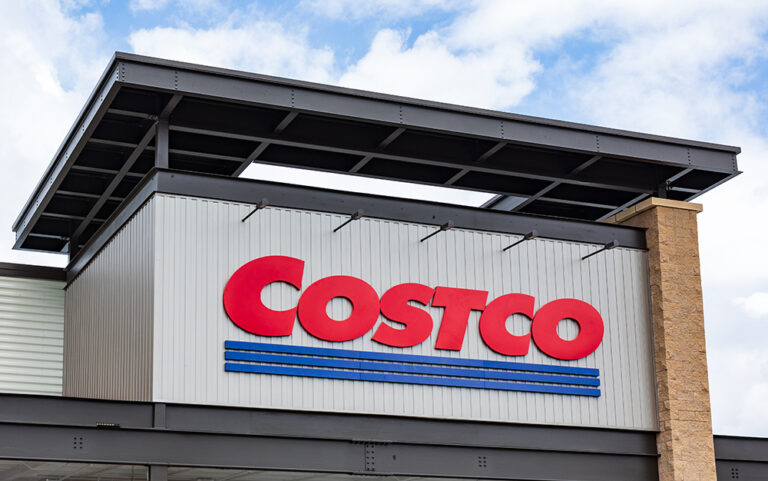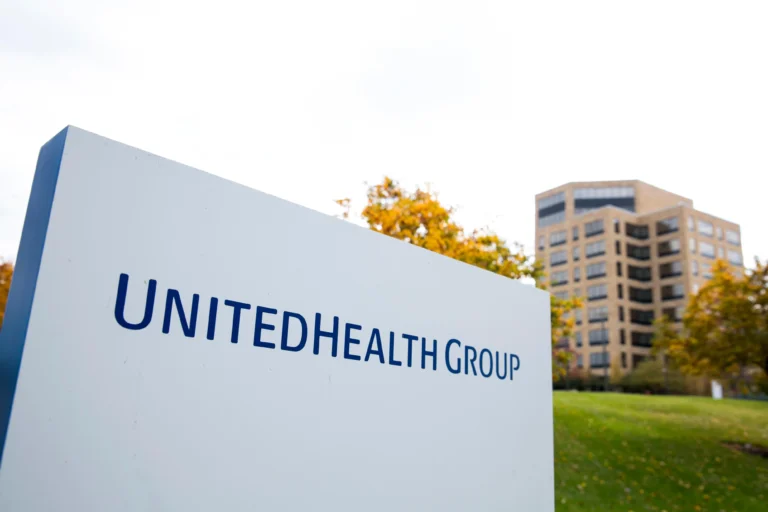The Russell 2000 index, representing approximately 2,000 of America’s smaller publicly traded companies, has had a respectable performance over the last decade, delivering an average annual return of 7.9%. Earlier in 2024, this index rose by as much as 13.6%, spurred by favorable market conditions like declining interest rates and steady economic growth. These factors have generated positive sentiment around small-cap stocks, which tend to be more volatile and sensitive to economic changes compared to larger, more stable firms. However, recent weeks have seen the index face a pullback, dipping by roughly 4% from its mid-October peak. This volatility reflects investors’ caution as they weigh the potential impacts of the upcoming U.S. presidential election, particularly around policies affecting the business sector, such as corporate tax rates.
Historically, stock markets have generally risen over the long term, regardless of which political party is in power. With this perspective, the recent dip in the Russell 2000 could be seen as a potential buying opportunity. Small-cap stocks, often leaders in innovation and agility, can yield significant growth over time. One such promising small-cap stock is Tenable (NASDAQ: TENB), a leader in cybersecurity, particularly in vulnerability assessment. The company’s expertise is in identifying weak points within an organization’s digital infrastructure before hackers can exploit them.
As modern businesses increasingly rely on digital networks and systems, they become vulnerable to cyber threats from around the world. Tenable’s approach to cybersecurity through vulnerability management stands out, addressing these risks proactively. Its Nessus platform is one of the industry’s most accurate and widely used tools for identifying and addressing security risks. Nessus has broad coverage, protecting against more than 91,000 known vulnerabilities and exposures. This extensive reach allows Tenable to provide sector-specific cybersecurity solutions for industries like automotive manufacturing, healthcare, and financial services, where protecting digital infrastructure is critical.
In the automotive industry, for example, the importance of cybersecurity cannot be overstated. According to Tenable, 82% of car manufacturers experienced at least four hours of unplanned downtime within a year, with associated costs estimated at $22,000 per minute. This downtime can result in significant operational disruptions and financial losses. Tenable’s solutions for this sector include asset tracking, vulnerability management, and threat intelligence, all designed to protect manufacturing processes and supply chains, helping to prevent costly downtime and maintain productivity.
A broader platform offered by Tenable is Tenable One, which integrates multiple aspects of cybersecurity — cloud security, identity security, and vulnerability management — into one package. This platform is powered by ExposureAI, a proprietary artificial intelligence (AI) tool that provides security managers with actionable mitigation advice, faster response times to security incidents, and in-depth insights into organizational risks. ExposureAI’s data advantage stems from its repository of 1 trillion unique threats and vulnerabilities, positioning it as one of the most robust resources available in the cybersecurity field.
Tenable’s recent financial performance is also a positive sign for investors. In the third quarter of 2024, the company reported revenue of $227.1 million, marking a 13% year-over-year increase, and it exceeded its projected guidance of $223 million. As a result, Tenable adjusted its full-year revenue forecast upwards, anticipating a total of up to $897.3 million for 2024. Tenable currently serves over 44,000 customers, which include 65% of Fortune 500 companies. Additionally, a record 1,853 of these customers spend at least $100,000 annually on Tenable’s solutions, reflecting an 18.4% growth from the previous year.
Despite its history of operating losses, primarily due to heavy investment in research, development, and marketing, Tenable has made strides toward profitability. In the third quarter, the company’s operating expenses rose by only 9.1%, whereas its revenue grew at a faster pace. This shift allowed Tenable to reduce its quarterly net loss to $9.2 million, a significant improvement from its $15.5 million loss in the same period last year. On a non-GAAP basis, excluding one-off and non-cash expenses like stock-based compensation, Tenable actually posted a profit of $39.3 million, up 42% year over year. This profitability demonstrates to investors that Tenable can sustain growth without excessive cash burn, providing it with the flexibility to pursue further customer acquisition and product development initiatives.
Tenable’s market potential is considerable, particularly as the costs associated with cybercrime continue to rise. While its market capitalization of $4.7 billion places it in the small-cap category alongside the Russell 2000, Tenable competes with much larger cybersecurity companies like CrowdStrike (NASDAQ: CRWD) and Palo Alto Networks (NASDAQ: PANW), which have market caps of $72 billion and $117 billion, respectively. Despite its smaller size, Tenable’s valuation, based on the price-to-sales (P/S) ratio, is relatively attractive. With a P/S ratio of 5.3, Tenable is priced at a substantial discount compared to CrowdStrike and Palo Alto. Although CrowdStrike’s higher valuation reflects its rapid growth, Palo Alto’s revenue growth of 12% in its latest quarter is actually slower than Tenable’s growth rate of 13%, highlighting that Tenable could be undervalued based on its current growth trajectory.
Tenable estimates its addressable market at $33 billion, though this might be conservative. According to industry research, cybercrime could inflict damages of up to $10.5 trillion by 2025, and experts suggest that companies should ideally invest up to $2 trillion annually in cybersecurity measures to mitigate such risks. Currently, businesses spend only a fraction of that amount on cybersecurity, signaling room for substantial future growth in this sector.
As cyber threats continue to escalate and companies recognize the financial and reputational risks of cyberattacks, cybersecurity spending is likely to increase steadily. Given Tenable’s strong market position, extensive customer base, and improving financial performance, its stock appears well-positioned for long-term growth. For investors looking to capitalize on the potential of the small-cap Russell 2000 and the expanding cybersecurity sector, Tenable offers an appealing opportunity, especially during any market dips.






